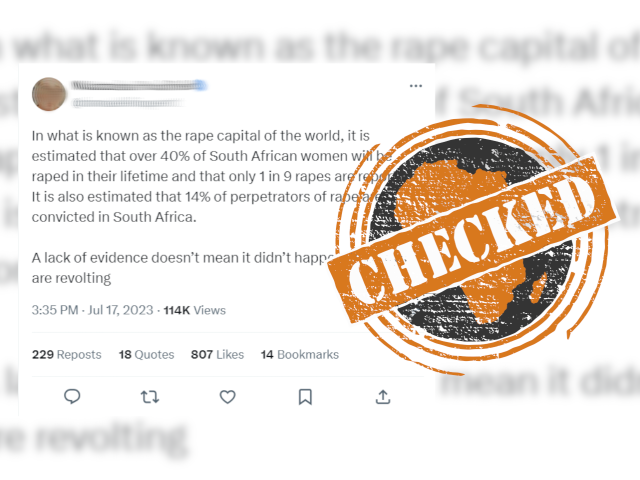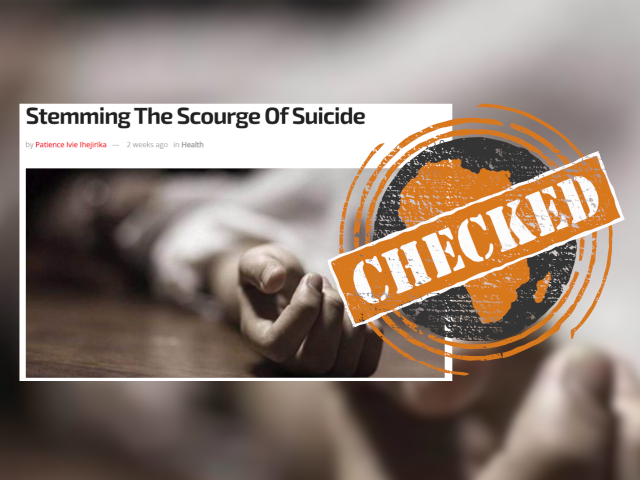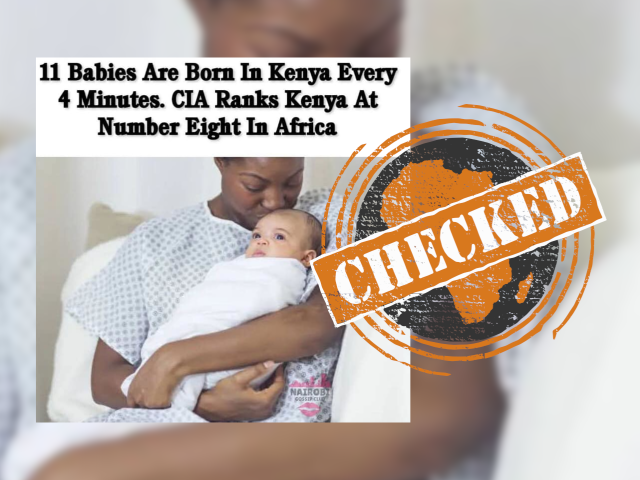COMMENT: We agree you should check Africa Check reports (and explain how, too)
Checking the evidence behind statements of fact is what Africa’s first independent fact-checking website is all about. We research key claims in public debate, making the process we follow clear and pointing readers to our sources so that they can check Africa Check’s findings for themselves.
We were pleased to be told just last week that a recent study by US academics found we had the largest number and widest range of sources of six fact-checking sites studied around the world.
Occasionally this process ruffles a few feathers. The latest case in point? The Institute for Race Relations (IRR).
In May, the institute issued a press release, stating as fact: “There has been a 96% increase in social protests in South Africa since 2010.” It’s complicated, but when we looked into it, we found that the category of events the IRR attached this label to is called “unrest-related crowd incidents” by the police. Limitations to this data just did not support the IRR claim.
In a Politicsweb article, Frans Cronje of the IRR then criticised Africa Check for questioning the institute’s findings and suggested that scrutinising the evidence, good or bad, for claims made in public debate is “dangerous”. Seriously.
Holding up to scrutiny the claims made by leading figures and institutions, such as the IRR, is the basis of a healthy democracy. And it is worrying to suggest otherwise.
Incorrect statistics can have a powerful and longlasting effect. Two years ago we traced the oft-quoted statement that “80% of (black South) Africans frequently consult traditional healers” to a book published in 1983 with no source listed. This claim has since influenced health policy and the law in South Africa, even though the 2013 General Household Survey showed that less than 0.1% of South African households reported normally consulting traditional healers.
Analysts, politicians, and think-tanks must therefore be encouraged to cite socio-economic data with care and be clear about its limitations.
We intend to analyse the police’s records on crowd-related incidents when the South African History Archive releases them in the coming weeks and hereby extend an invitation to the institute to assist us in that.
If the archive shows that “social protests” have increased by 96%, Africa Check will of course issue a correction. What we are concerned about is accuracy, and nothing more. We hope the IRR will do the same.
Meanwhile, we invite anyone who wants to do so, to scrutinise the evidence in our reports by clicking on the clearly marked links. That is what good debate is about.




Add new comment